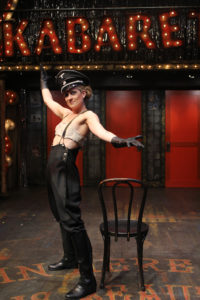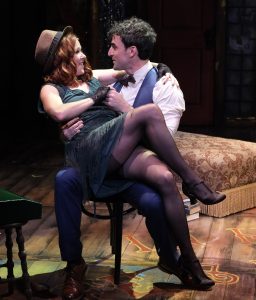The film industry hasn’t helped much. The proliferation of films about how many people one creepy human (or one nasty animal) can kill have become voluminous – and yawners.
But there’s a wondrous fine escape in Director George Miler’s “Three Thousand Years of Longing.” He of “Mad Max: Fury Road” fame picks on folklore and mythology this time. The source is A.S. Byatt’s 1994 short story “The Djinn in the Nightingale’s Eye.”
The plot is simple, but oh so complex. Tilda Swinton plays a British scholar and professional storyteller on a trip to Istanbul. Her name is Alithea Binnie, and shortly after she arrives, she encounters something that she’s convinced doesn’t exist: a djinn (or jinn, depending on your language) – an invisible, ephemeral spirit mentioned in the Koran and appearing on charms but not usually in the “flesh.”
She’s a very earth-centric type who deals in reality, reserving ghosts and the like to her storytelling time. But this particular djinn (Idris Elba) is big and black, and whooshes around in a blue whirlwind much of the time.
He needs Alithea because he did something bad and now has to grant a human three wishes in order to get his freedom. Djinns don’t see many humans, so these two are, so to speak, stuck together.
The problem is, Alithea can’t think of even one, let alone three things she wants. She is utterly content with her life as is. But she is rather fascinated by him.
Somehow, though they live in different worlds, they manage to communicate, though at first it’s in Greek. After a while the Djinn relaxes and starts to tell her his stories, from Solomon and Sheba on up to the present.
These aren’t just stories, they’re trips to the past (from biblical times forward), and we are onlookers. Which brings me to the best thing about the film: the look, which thanks to cinematographer John Seale (who came out of retirement for this) alternates the historical past with the utterly otherworldly. Both are fascinating, colorful, and stunning to look at.
Swinton and Elba are also fun to watch, as they match human and otherworldly wits and come to enjoy each other’s company.
Alithea may not have wanted anything, but I was thrilled to be transported out of the ugly present we now inhabit to another place entirely.



